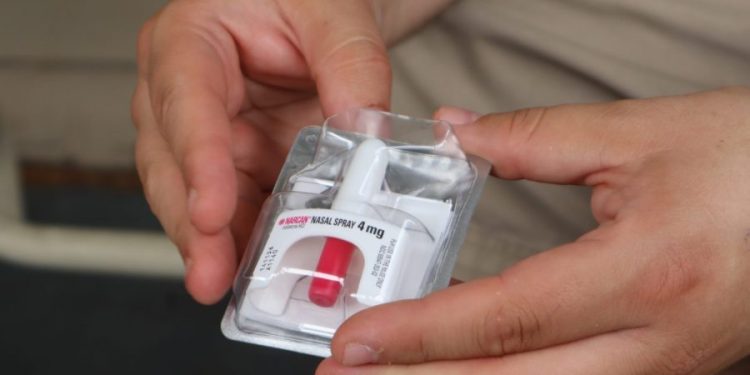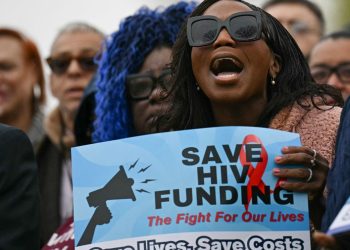Two-thirds of U.S. adults have been impacted in some way by the nation’s substance use crisis, a new KFF Tracking Poll found.
Sixty-six percent of respondents in the poll said either they themselves or a family member have experienced addiction to alcohol or drugs, homelessness due to addiction, or an overdose resulting in an emergency room visit, hospitalization or death.
Among that group, 76 percent said addiction had at least some effect on their relationship with their family. Seventy percent said it impacted their mental health, and 57 percent said their family’s financial situation was affected.
KFF researchers noted racial and ethnic disparities in addiction and treatment experiences.
Sixty-seven percent of white respondents said someone in their family has experienced addiction or overdose, compared to 58 percent of Black adults and 56 percent of Hispanic adults.
“This gap is mostly driven by addiction to alcohol and prescription painkillers,” the researchers noted.
Among respondents who said they or a family member experienced addiction, 46 percent said the person experiencing addiction got treatment, including 51 percent of white adults, 35 percent of Black adults and 35 percent of Hispanic adults.
Researchers also noted a geographic disparity in reports of opioid addiction. Twenty-nine percent said they or a family member have experienced addiction to prescription or illegal opioids, including 42 percent in rural areas.
The vast majority of those polled support addiction treatment centers in their communities and making Narcan, an opioid overdose reversal medication, freely available in certain places.
Earlier this year, the Food and Drug Administration (FDA) approved Narcan for over-the-counter use. And in July, the FDA approved the first opioid overdose reversal medication from a nonprofit company for over-the-counter use.
Only 45 percent in the KFF poll supported safe consumption sites with trained personnel in case of emergency, including 61 percent of Democrats and 23 percent of Republicans.
The poll was conducted from July 11-19 among 1,327 U.S. adults. The margin of error for the full sample was plus or minus 3 percentage points.















